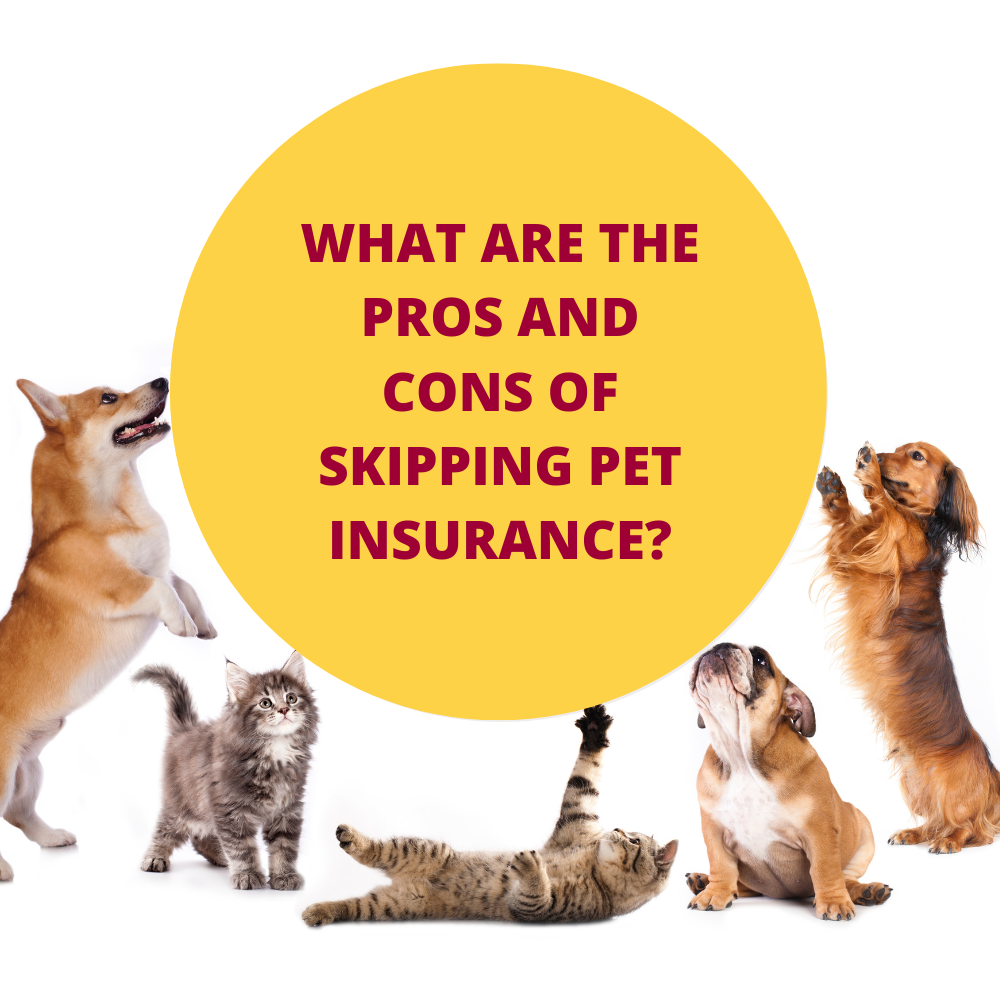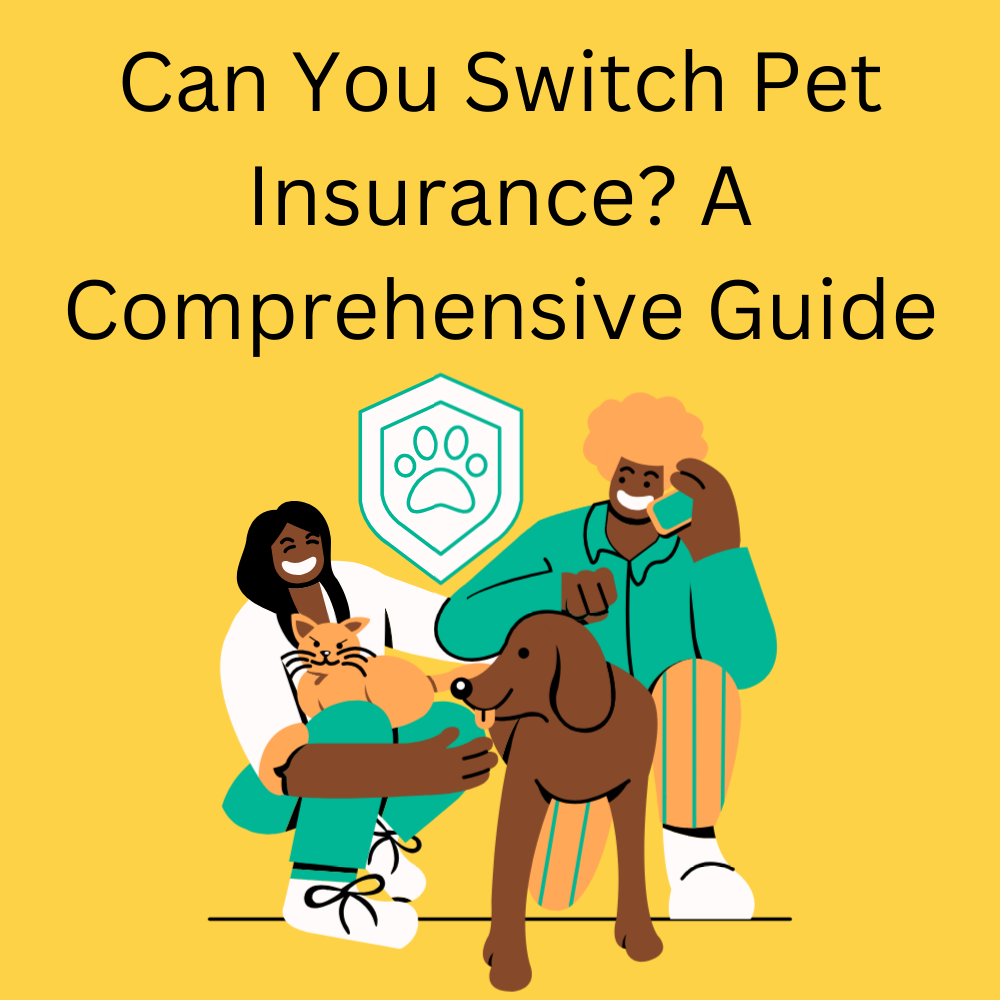The Pros and Cons of Skipping Pet Insurance
Playtime and cuddles are only part of the responsibilities that come with owning a pet, but they also bring unparalleled happiness and companionship. Is it necessary to have a pet or is it reasonable to opt out? This is a critical question that pet parents frequently argue over. To help you make an informed choice regarding the welfare of your pet, we’ll examine the benefits and drawbacks of skipping pet insurance in this blog post.
Understanding Pet Insurance:
The purpose of pet insurance is to lessen the financial strain associated with unforeseen medical costs. It usually covers procedures, drugs, treatments, and occasionally preventive care; however, it is expensive, so pet owners must determine whether it is necessary.
The Pros of Pet Insurance:
A financial security: ensures that your pet’s health is not jeopardized, as pet emergencies can be expensive. It gives comfort during trying times by acting as a safety net against unforeseen veterinary expenses.
b. All-inclusive Protection: A lot of pet insurance policies provide coverage for a variety of medical procedures, from injuries to long-term diseases. When dealing with complex health issues, this all-inclusive coverage can be a game changer.
c. Options for Preventive Care: A few insurance plans cover annual physicals, immunizations, and preventative care. Proactive healthcare can be promoted in this way, possibly preventing more serious problems later on.
The Cons of Skipping Pet Insurance:
Financial Strain in Emergencies: Unexpected veterinary crises can result in significant out-of-pocket costs if pet insurance is not carried. Pet owners may have to make difficult choices regarding the care of their animals as a result of this financial strain.
b. Limited Access to Specialized Care: The cost of specialized consultations and treatments can be high. These services are frequently covered by pet insurance, but without it, receiving cutting-edge veterinary care could be out of reach.
c. No Safety Net for Chronic Conditions: Over time, persistent medical conditions or chronic illnesses can result in significant expenses. Although insurance can help with these costs, it becomes more difficult to maintain a pet’s health without it.
Factors Influencing the Decision:
Age and Breed: Some owners find Pet Insurance more appealing because their particular breed is more likely to experience certain health problems. Age also matters; younger pets might not seem to need as much urgent care as older ones do.
b. Financial stability: Owners who can afford to handle unforeseen veterinary expenses without insurance may feel more comfortable doing so. That being said, even the most secure financial situations can face difficulties due to unanticipated events.
Conclusion:
Investing in pet insurance is a personal decision that depends on a number of variables. Although skipping could result in short-term financial savings, it’s important to think about the long-term financial risks as well as your pet’s welfare. It is best to carefully consider the advantages and disadvantages, taking into account the breed, age, and financial status of your pet. Whether you choose to use insurance or other alternative financial planning, protecting your pet’s health and happiness should ultimately take precedence.
In summary, insurance acts as a vital safety net by offering access to complete care as well as financial security. Pet owners must weigh their priorities and circumstances before determining whether to invest in this type of protection for their cherished animals, as every situation is different.



